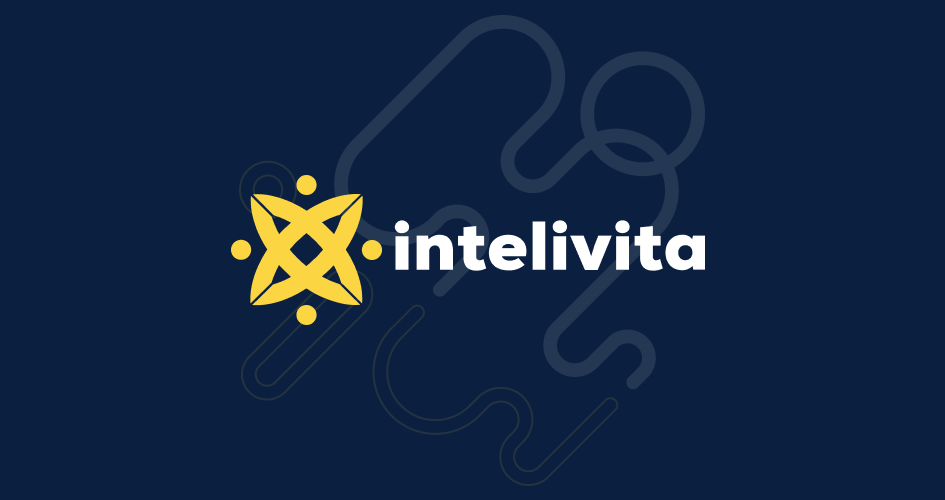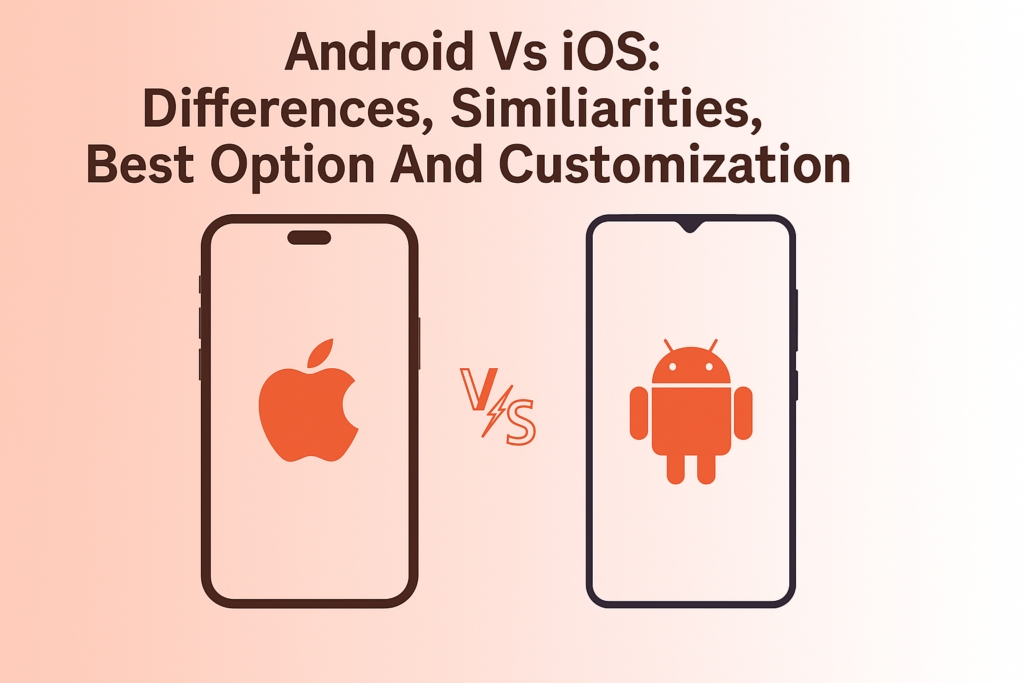The COVID-19 pandemic has increased the adoption of telemedicine, leading to a high demand for telehealth applications that allow patients and healthcare providers to connect remotely.
This increased demand may have influenced the telemedicine app development cost, as more businesses seek to create robust and scalable telemedicine platforms to meet evolving healthcare needs.
As of now, the cost of developing a telemedicine app can vary widely, typically ranging from $30,000 to $300,000 or more.
It depends on several factors such as your healthcare software development services and preferred features.
In this article, we’ll explore the factors contributing to the cost variation of telemedicine app development and provide insights into best practices and challenges when building the app.
Let’s dive in!
What is a Telemedicine App?
A telemedicine app is a digital platform designed to facilitate remote healthcare services, enabling patients and healthcare providers to connect without needing an in-person visit.
These apps use technology to deliver medical care, consultations, diagnostics, and other health-related services through electronic communication tools, such as video calls, chat, voice calls, and asynchronous messaging.
They can also integrate with electronic health records (EHR), allowing healthcare providers to access patient history, medical records, and other critical information.
What Is the Typical Cost to Build a Telemedicine App?
At this point, you may wonder, “How much does it cost to develop an app?”.
Well, the typical cost to create a telemedicine app can widely range from $30,000 to $300,000 or even more.
The wide range reflects the differences in app scope, features, and business needs.
For a more detailed overview, refer to the table below, which provides a breakdown of app types, general features, and estimated costs.
| App Types | Estimated Cost | General Features |
| Simple Telemedicine App | $30,000 – $60,000 |
|
| Intermediate Telemedicine App | $60,000 – $150,000 |
|
| Complex Telemedicine App | $150,000 – $300,000+ |
|
Our telemedicine app development services offer a complete solution, from concept to deployment. We specialize in building secure, user-friendly telemedicine apps that meet regulatory requirements, ensuring your platform is both reliable and compliant.
What Factors Influence the Cost of Building a Telemedicine App?
The cost of developing a telemedicine app can vary significantly depending on several key elements, given the complex technical, regulatory, and operational factors involved.
The cost will also differ based on whether you hire mobile app development services or handle everything in-house.
Let’s break down the main factors that influence the cost of telemedicine app development:
App Complexity and Features
The complexity of the telemedicine app is one of the primary factors affecting telemedicine software cost.
A basic app with simple video conferencing functionality will be less costly to build than a comprehensive app.
Generally, features that may add up to a telemedicine app development budget include:
- Secure messaging. This feature allows patients and providers to communicate through encrypted text messages.
- Appointment scheduling. It includes a system for booking and managing appointments.
- Electronic Health Records (EHR) integration. This element syncs with existing EHR systems to access and update patient records.
- ePrescriptions. It enables the electronic prescription of medications.
- Remote patient monitoring. This capability integrates with wearable devices to track health metrics.
- Payment processing and insurance integration. It supports payments and insurance claims.
- Telehealth dashboards and analytics. This feature provides insights and reporting for healthcare providers.
Regulatory Compliance and Security
Telemedicine apps must comply with strict healthcare regulations and security standards, which can add to your telehealth platform cost.
For example, you should comply with the Health Insurance Portability and Accountability Act (HIPAA) if you focus on the US market.
It sets rules for protecting patient data.
To get HIPAA compliance, a telemedicine app needs to have secure data handling, storage, and transmission.
For apps serving the EU, they must adhere to the General Data Protection Regulation (GDPR).
It focuses on data protection principles, individual rights, and the obligations of data controllers and processors.
Compliance with GDPR can be costly, as it may include legal advice, technology upgrades, staff training, and potential fines for non-compliance, which can be substantial.
Platform and Technology Choices
The platforms where you develop the app also affect the telemedicine app development cost.
For example, an Android app development cost can vary depending on whether you opt for native development specific to Android, or use a cross-platform approach.
While native Android app development often provides a more tailored experience with better performance, it can be more expensive due to the specialized skills and additional resources required.
On the other hand, cross-platform development may reduce costs by allowing you to create a single codebase for multiple platforms, although you have to be prepared with potential trade-offs in customization and performance.
These factors play a significant role in determining the overall budget and should be carefully considered when planning your telemedicine app development.
User Experience and Design
A well-designed user interface (UI) and user experience (UX) are crucial for a telemedicine app.
They impact the app’s ease of use, user interactions, and credibility.
In fact, many businesses lose billions of dollars due to poor UX.
When users encounter confusing interfaces, complicated navigation, or inconsistent design, they’re more likely to abandon the application or switch to competitors.
Ultimately, poor UX not only impacts immediate sales and revenue but also damages brand reputation and customer loyalty in the long run.
Costs increase with the level of customization and design work required, including:
- Custom UI/UX design. A unique and user-friendly UI and UX design that aligns with branding can be more costly.
- Accessibility features. Incorporating accessibility features for users with disabilities can add to the design costs.
Development Team and Expertise
The composition and location of the development team can impact costs.
For example, app development services in North America are generally more expensive than in Eastern Europe and Asia.
Also, teams with specific healthcare and telemedicine experience may charge premium rates.
Furthermore, choosing in-house teams instead of outsourcing may also require higher costs and overhead.
Intelivita’s outsourcing approach addresses this challenge by providing access to skilled developers and technical experts without the burden of managing an in-house team while still maintaining quality.
Post-Development Support and Maintenance
The cost of building a telemedicine app doesn’t end with development.
Ongoing support and maintenance are important, which include:
- Regular updates and bug fixes. This step aims to keep the app updated and address issues.
- Security patches. It ensures the app remains secure and compliant.
- Customer support. This process provides users with assistance and troubleshooting.
How Long Does It Take To Build a Telemedicine App?
A simple telemedicine app can take 3 to 6 months, while a complex app with advanced features and deep integration might take 9 to 12 months or more.
The time to build a telemedicine app definitely varies based on complexity, features, compliance, and development approach.
To get an accurate timeline, define your app’s requirements, consult with experienced developers, and account for regulatory compliance and testing processes.
If you need to speed up your app development, consider hiring an outsourcing team and automating processes, like continuous integration and continuous deployment (CI/CD), and automated testing.
How to Successfully Grow Your Telemedicine App
Growing a telemedicine app successfully requires a strategic approach.
Follow these practices to achieve sustainable growth for your telemedicine app.
Define Your Value Proposition
Identify what makes your telemedicine app unique.
This could be specific features, affordability, specialized medical services, or a focus on a particular demographic.
A clear value proposition helps differentiate your app from competitors and attract a specific audience.
This is exemplified by BetterHelp, a leading online therapy platform offering professional therapy with a licensed therapist.
One of its unique features is an initial quiz, designed to match users with therapists who best suit their needs.
The personalized approach appeals to individuals seeking mental health support, as it addresses a common barrier in therapy: finding the right therapist.
Build a Strong Brand
A strong brand creates recognition and trust among users.
Develop a memorable logo, consistent branding, and a clear message about your app’s benefits.
Consider using storytelling to connect with users and build an emotional bond with your brand.
For example, your telemedicine brand could share stories of patients whose lives have been positively impacted by the convenience and accessibility of virtual healthcare.
You can highlight a patient in a rural area or a busy parent who could consult with a doctor without taking time off work.
Implement Effective Marketing Strategies
To grow your telemedicine app, you need a strong marketing plan.
Consider the following strategies:
- Content marketing. Create valuable content that educates users about telemedicine and healthcare topics, such as blog posts and social media content.
- Social media marketing. Use platforms like Facebook, Instagram, and LinkedIn to promote your app, engage with users, and share healthcare insights.
- Partnerships. Collaborate with healthcare influencers or medical professionals. You can also partner with hospitals, clinics, and insurance companies to expand your reach.
- Paid advertising. Invest in targeted online advertising to increase visibility and attract new users.
Analyze and Optimize
Regularly analyze app usage data to understand user behavior, popular features, and areas for improvement.
Use analytics tools to track key metrics like user engagement, retention rates, and conversion rates.
Based on this data, make informed decisions about feature enhancements, marketing strategies, and user experience improvements.
What are the Risks and Challenges of Building a Telemedicine App?
Here’s an exploration of some of the primary risks and challenges you might face when building a telemedicine app:
Regulatory Compliance
Telemedicine apps are subject to strict healthcare regulations, which can vary by region.
Compliance with regulations like HIPAA in the U.S. or GDPR in the EU is essential.
Failure to adhere can lead to penalties and legal consequences.
The challenge lies in understanding these regulations and ensuring all aspects of the app meet compliance requirements.
Data Security and Privacy
Telemedicine apps handle sensitive patient information, making data security a critical concern.
The risks of data breaches, unauthorized access, and identity theft are inevitable.
Apps must implement robust encryption, secure authentication, and other security measures to protect patient data.
The challenge is to maintain high security while ensuring ease of use for users and healthcare providers.
Quality of Care and Liability
Delivering high-quality care through telemedicine needs careful attention to clinical guidelines and medical best practices.
There’s a risk that remote consultations may not capture the atmosphere of in-person visits, potentially leading to misdiagnosis or other errors.
Additionally, liability and malpractice risks are often emphasized in a telemedicine context, requiring insurance coverage and risk management to mitigate potential legal claims and protect you from financial losses.
Wrapping Up!
While the typical cost range for a telemedicine app can vary from $30,000 to over $300,000, the exact budget depends on many factors, including complexity, features, compliance, and platform choice.
Also, note that building a telemedicine app involves several risks and challenges, such as data security and regulatory compliance.
However, if you implement the best practices like having a unique selling point and strategic marketing approaches, you can mitigate the risks and create a successful telemedicine app!
Our app development team is ready to be your partner of success!
We focus on user-centric design and the unique needs of your healthcare business, creating an intuitive and seamless experience for both patients and healthcare providers.
Discuss your project today, and let’s deliver robust telemedicine solutions that not only meet industry standards but also exceed user expectations!





